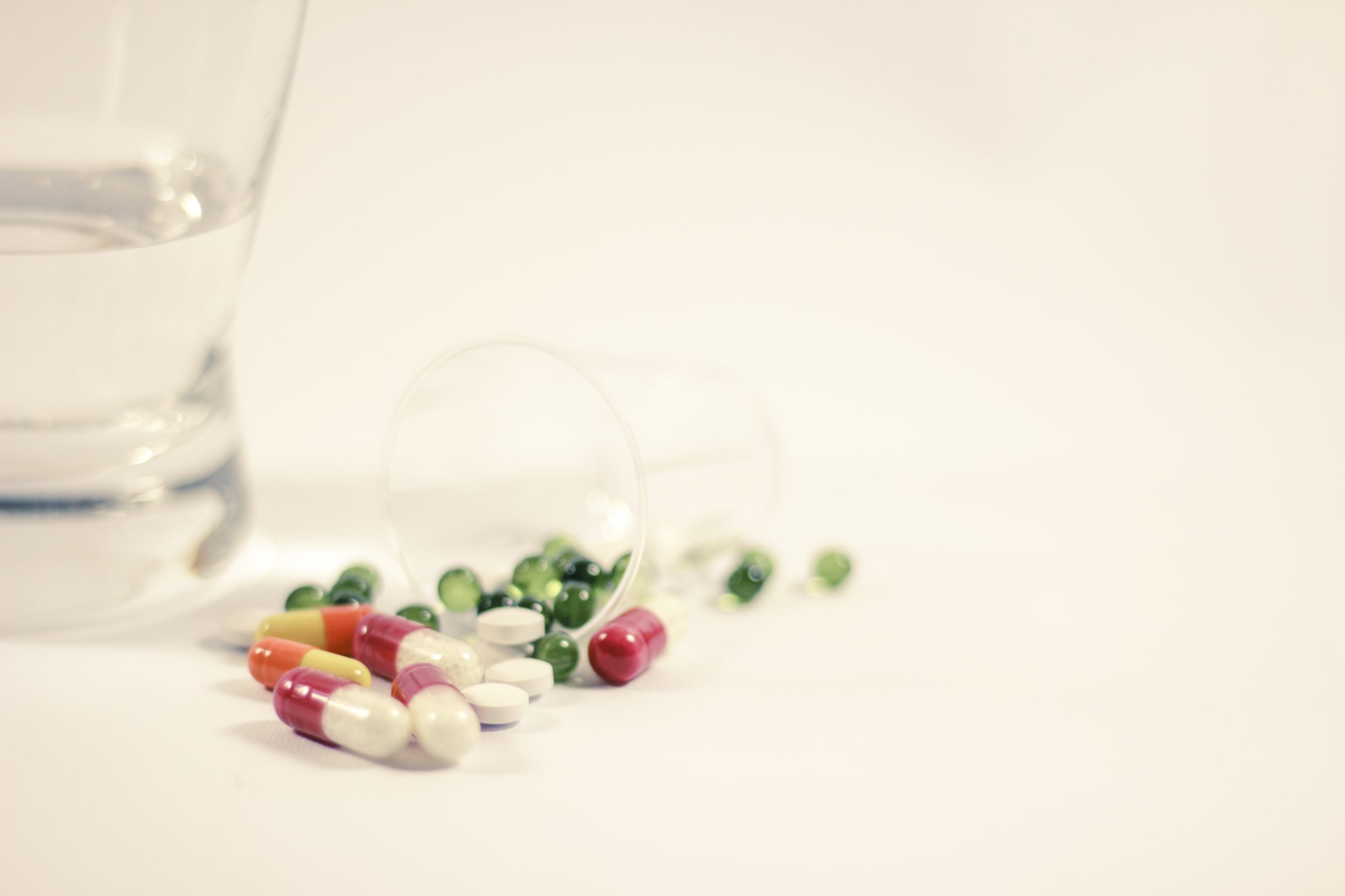Is there anything more miraculous and joyful than carrying a piece of you for nine straight months? But pregnancy is certainly not a journey full of roses. From consuming the right diet to limiting exercise, there is so much to consider. But out of all, eating right during pregnancy is mega important.
It is really vital for nurturing a healthy baby and mama. But with so many pregnancy nutrition rules, it can get kind of confusing and overwhelming fast! Well, guess what, here is a guide that will take you through the 5 essential nutrients every expecting mother should consume in the right amount.
So, let’s get started…
Prenatal Vitamins: What Are Those?
In simple terms, prenatal vitamins refer to multivitamins for expecting mothers. In comparison to a usual multivitamin, the former has more nutrients that might make the pregnancy healthier. Usually, the medical professional assisting you will prescribe it, but if he doesn’t, you can always buy it from stores with a prescription.
The human body uses minerals, vitamins, and other nutrients present in food to stay healthy and strong. At the time of pregnancy, as we all know, the mother passes down all necessary nutrients to her embryo. Thus, your body asks for more vitamins when you are pregnant. That is exactly the job of prenatal vitamins.
Which Nutrients Are Most Important For A Perfect Maternal Health?
Before you go bonkers, let’s break it down to the essential nutrients preggos really need more of. Here are 5 all-star vitamins and minerals to help maintain tip-top maternal health:
The VIP Folate
Alright, all you soon-to-be mamas, listen up. Folate (aka folic acid) should be topping your prenatal vitamin rockstar list. This essential B vitamin helps prevent major birth defects of the baby’s brain and spine when taken before conception and in early pregnancy. We’re talking about the next level vital for fetal development.
Folate also helps produce new cells, so mama needs extra to accommodate a growing babe. Most docs recommend women start supplementing 400-800 mcg of folate at least a month before pregnancy. But hey, better late than never, if you’re already pregnant, try to achieve optimal maternal health with a Specialist Obstetrician!
Supercharged Iron
Fun fact: A developing fetus needs lots of mineral iron to form their blood supply and other tissues. So, in turn, mama needs way more iron to share with baby! When you’re expecting, your iron needs to jump by up to 50%.
Unfortunately, the vitamin C in my OJ every morning doesn’t cut it. Most mamas-to-be need an additional iron supplement of 30-60 mg on top of a balanced diet. Too little iron during pregnancy zaps your energy and can lead to stuff like anemia. No one wants that! So, rev up on iron-rich foods plus a prenatal vitamin to stay energized.
The Calcium Extravaganza
Did you know baby needs around 30 grams of calcium just to build their tiny growing skeleton? Well, they have to get that supply from somewhere! The calcium in Mama’s body works overtime during pregnancy to help form the baby’s bones and teeth.
That’s why pregnant women need around 1,000 mg of calcium per day. Goodbye, plain almond milk, hello, extra cheesy pizza! Jokes aside, ensure you get adequate calcium from dairy, leafy greens, supplements, or all of the above. Your wee one will thank you for strong bones.
Omega-3s For Winning
You’ve probably heard omega-3 fatty acids are clutch for heart and brain health. Well, it turns out they’re essential for a baby’s development, too. These healthy fats help build a baby’s nervous system and retinal tissues. They’re also linked to lower risks of preterm births and postpartum depression.
That’s why experts recommend at least 250–300 mg of omega-3s like DHA daily for expecting mothers. Load up on fatty fish, nuts, and seeds – or just grab a fish oil supplement as an insurance policy to meet your levels. Consider omega-3s a must for both of your well-being.
The Magical Magnesium
Don’t sleep on the mineral magnesium during pregnancy! It plays a role in so many vital stuff: bone growth, regulating blood pressure, aiding enzymes and metabolism, and muscle and nerve function. Oh, and helping build DNA and RNA. NBD!
Unfortunately, the typical Western diet often lacks enough magnesium. Pregnant women need at least 350–400 mg daily from food and supplements. Get your fill from dark leafy greens, nuts, whole grains, yogurt, and more magnesium-rich sources. Your body and babe will thank you!
Mamas, Take Care Of Your Mental Health Too…
You are already doing so much, make sure to sit back and relax. Pregnancy might seem like a 9-month-long journey, but trust us when we say it passes in the blink of an eye. All those days will be missed by you later. So, make sure to take care of your mental health too.
Surround yourself with positive people, listen to calm music, and avoid taking too much stress. Post-partum depression is inevitable, but you can always be cheerful in your approaches when the baby is growing inside you.
Eat whatever satisfies your soul, but make sure that it doesn’t have a negative impact on your baby. Your emotional strength is responsible for your physical strength, too. So, ensure to keep both of them balanced, positive, and cherishing.
Conclusion
There you have it, mamas – the crème de la crème nutrients for staying healthy during pregnancy! Prioritizing these all-star vitamins and minerals ensures you and your growing baby get all the key building blocks you need. Consult your doctor and add any supplements needed for optimal levels.
Your nutrient intake matters more than ever before – so eat well for two! With this, it’s a wrap on this comprehensive guide. But you will get to know more if you want to. Keep reading my articles, as they have a lot of beneficial information for my readers. Also, if you find this article helpful, do not forget to share your comments below.
Read Also:























